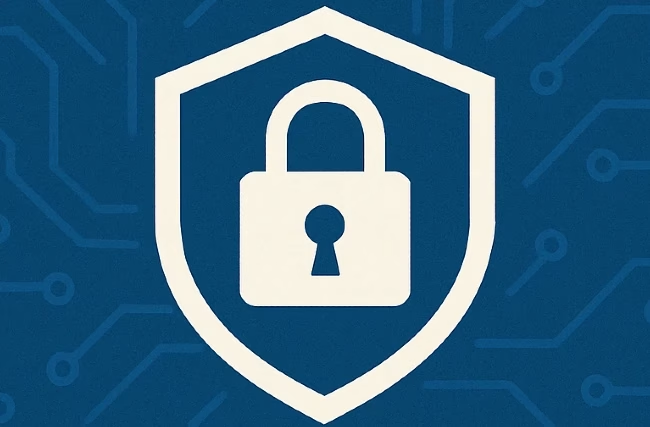Sharing your life online has become second nature. From writing a status about your morning coffee to posting vacation pictures, the internet often feels like a safe place to express yourself. But while sharing online can be fun and convenient, it’s easy to forget just how much personal information you’re giving away, and how that information can be used against you.
1. Digital Footprints Are Permanent
Everything you post, like, comment on, or even search for creates a digital footprint. Even if you delete a post or close an account, screenshots and backups can preserve your content forever. That light hearted rant or party photo might resurface years later, potentially affecting job opportunities, relationships, or your reputation.
2. Personal Details Can Be Used for Identity Theft
Seemingly harmless information like your birthday, hometown, pet’s name, or favourite sports team can help hackers guess your passwords or answer security questions. Identity thieves piece together these clues to impersonate you, access your accounts, or even commit fraud in your name.
3. Location Sharing Can Endanger Your Safety
Tagging your location in real-time or announcing a vacation publicly can make you a target. Criminals can use that data to know when you’re not home, putting your property at risk. For individuals in sensitive professions or high-profile roles, disclosing location can even pose personal security risks.
4. Targeted Scams and Social Engineering
Scammers often rely on information gleaned from social media to tailor phishing emails or scams that look convincingly legitimate. If they know you recently bought a new phone, they might send a fake “support” message. The more they know about you, the more persuasive their tactics can be.
5. Your Data Fuels Algorithms, Often Without Your Consent
Your online behaviour including likes, shares, searches, and clicks helps tech companies build detailed profiles on you. This data can be used to manipulate what you see, influence your opinions, or sell you things you don’t need. In some cases, this profiling has even been used for political targeting.
How to Protect Yourself:
- Think before you post – Ask yourself if you’d be comfortable with anyone including employers, strangers, or future you seeing it.
- Tighten your privacy settings – Control who can view your posts and limit the visibility of past content.
- Avoid oversharing – Keep sensitive personal details (like your full birthdate or address) off public platforms.
- Be cautious with quizzes and apps – Those fun personality tests can harvest data under the radar.
- Use strong, unique passwords – Don’t base them on easy to find personal information.
In Conclusion:
The internet doesn’t forget and neither do the people or systems collecting your data. Being mindful of what you share online isn’t about paranoia; it’s about protecting your identity, your reputation, and your future. The next time you post, pause and ask: Is this worth sharing with the world?
